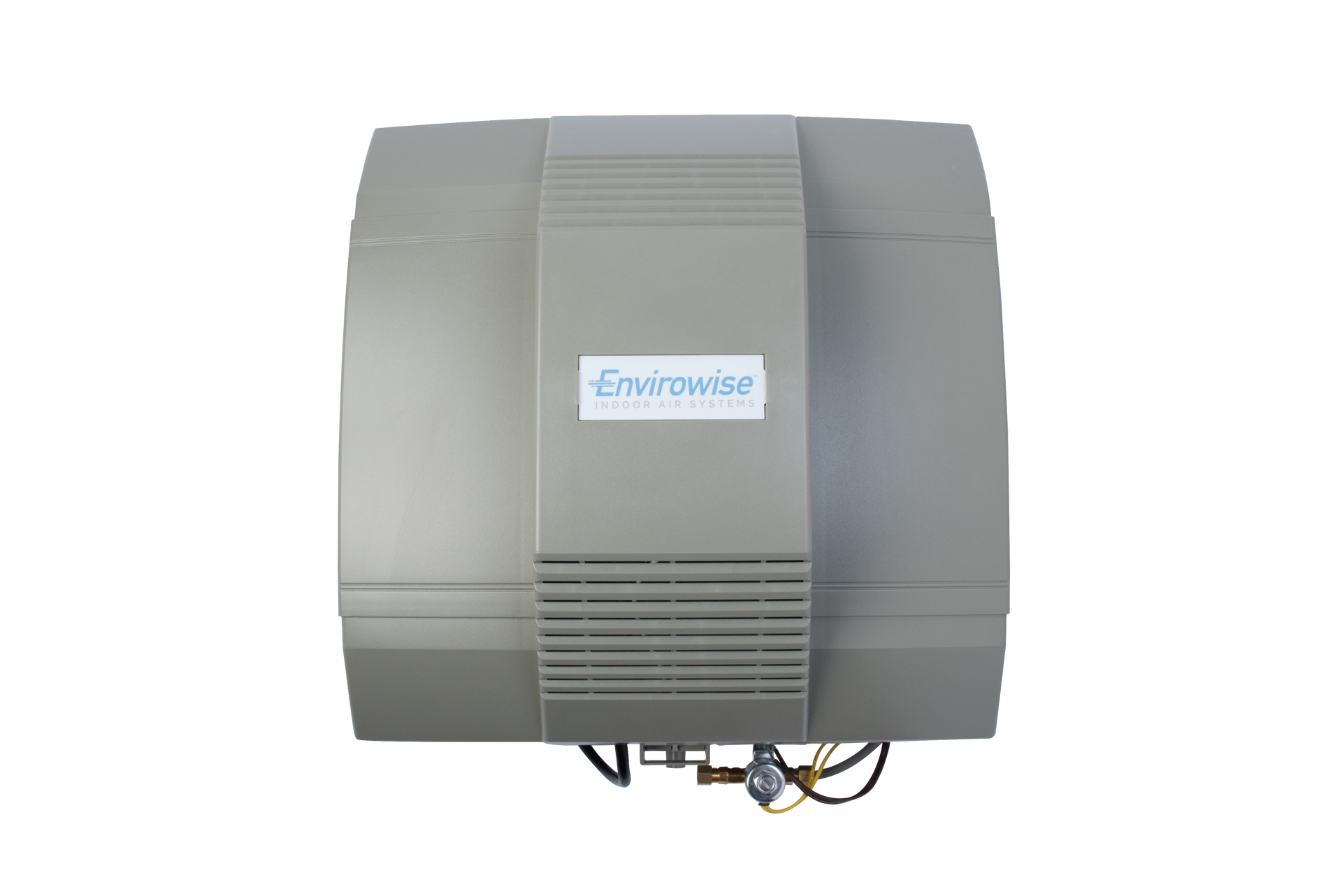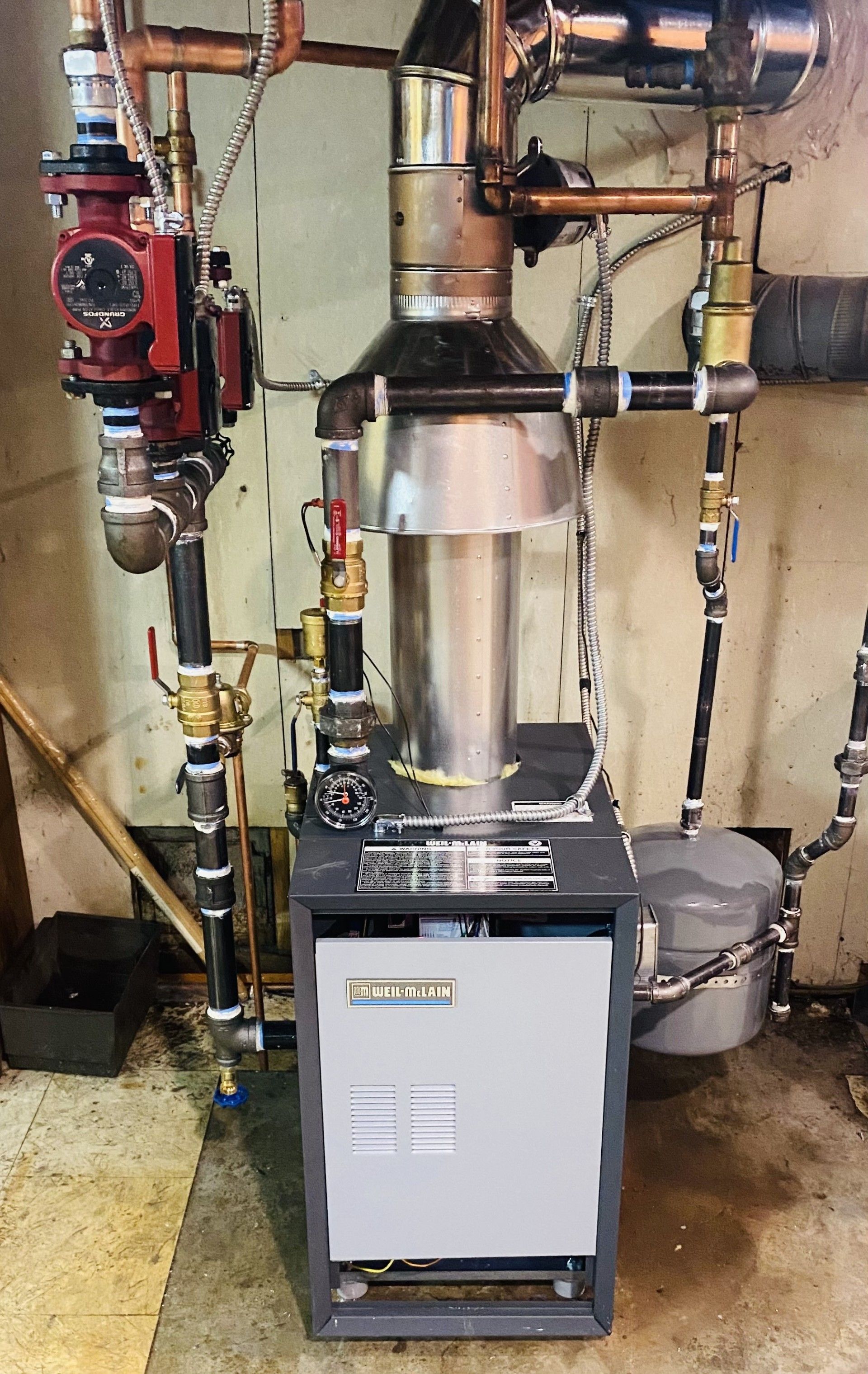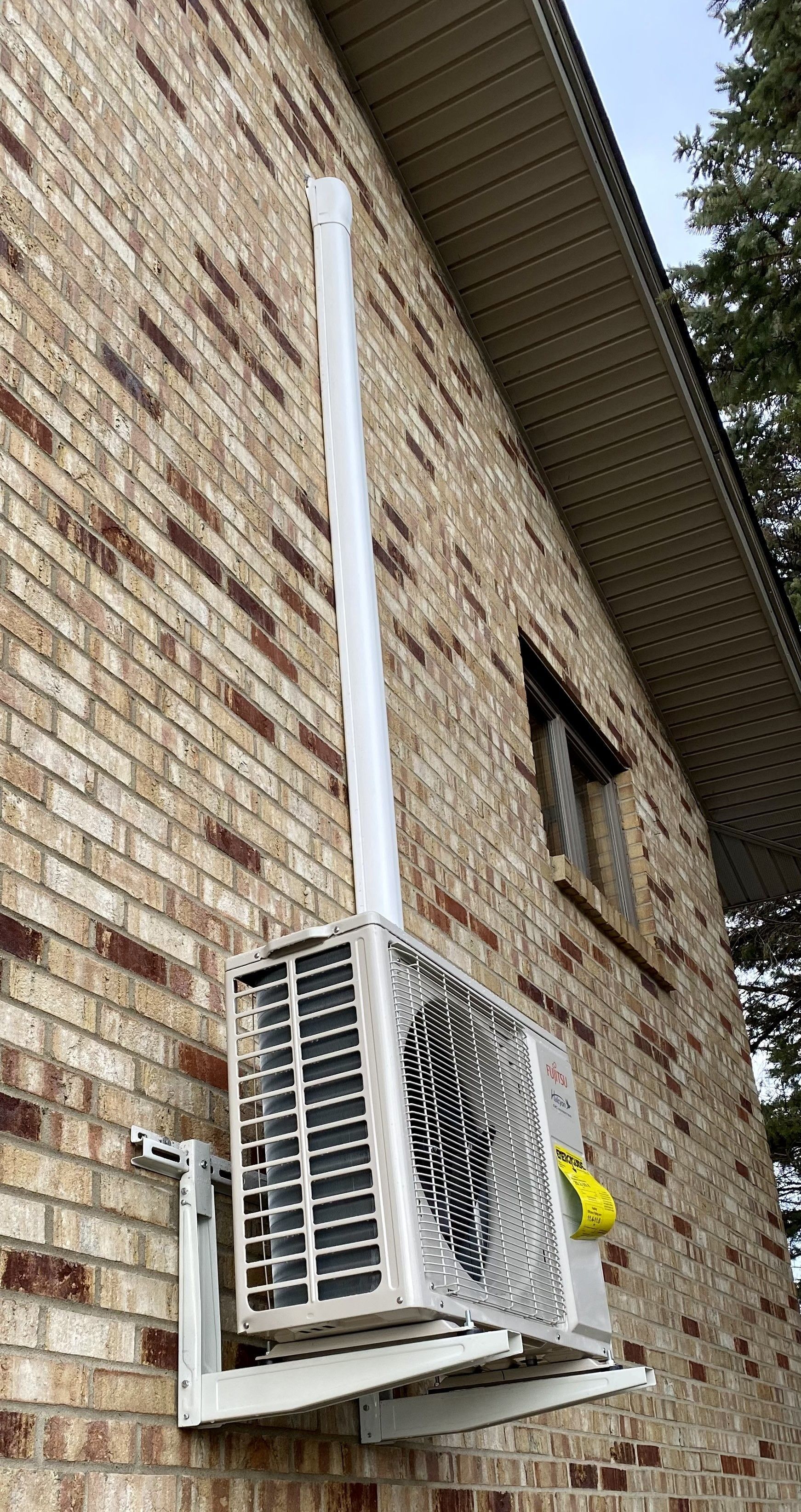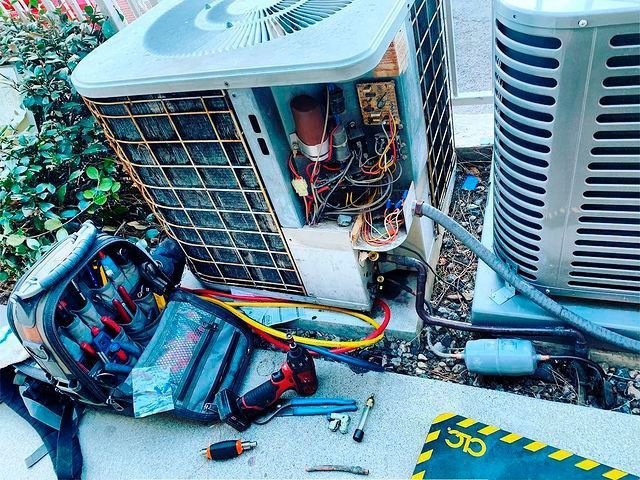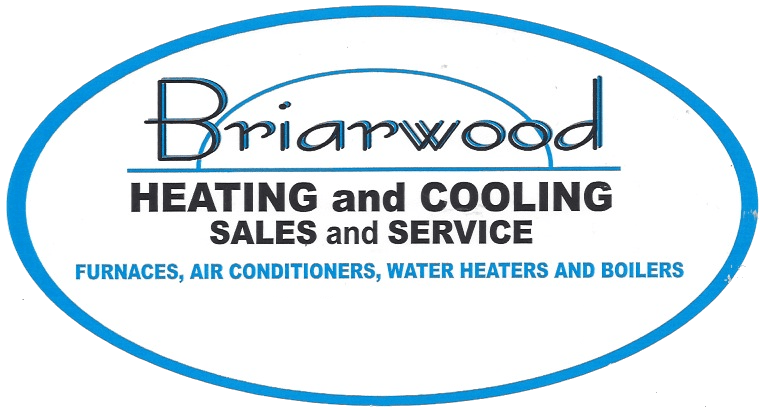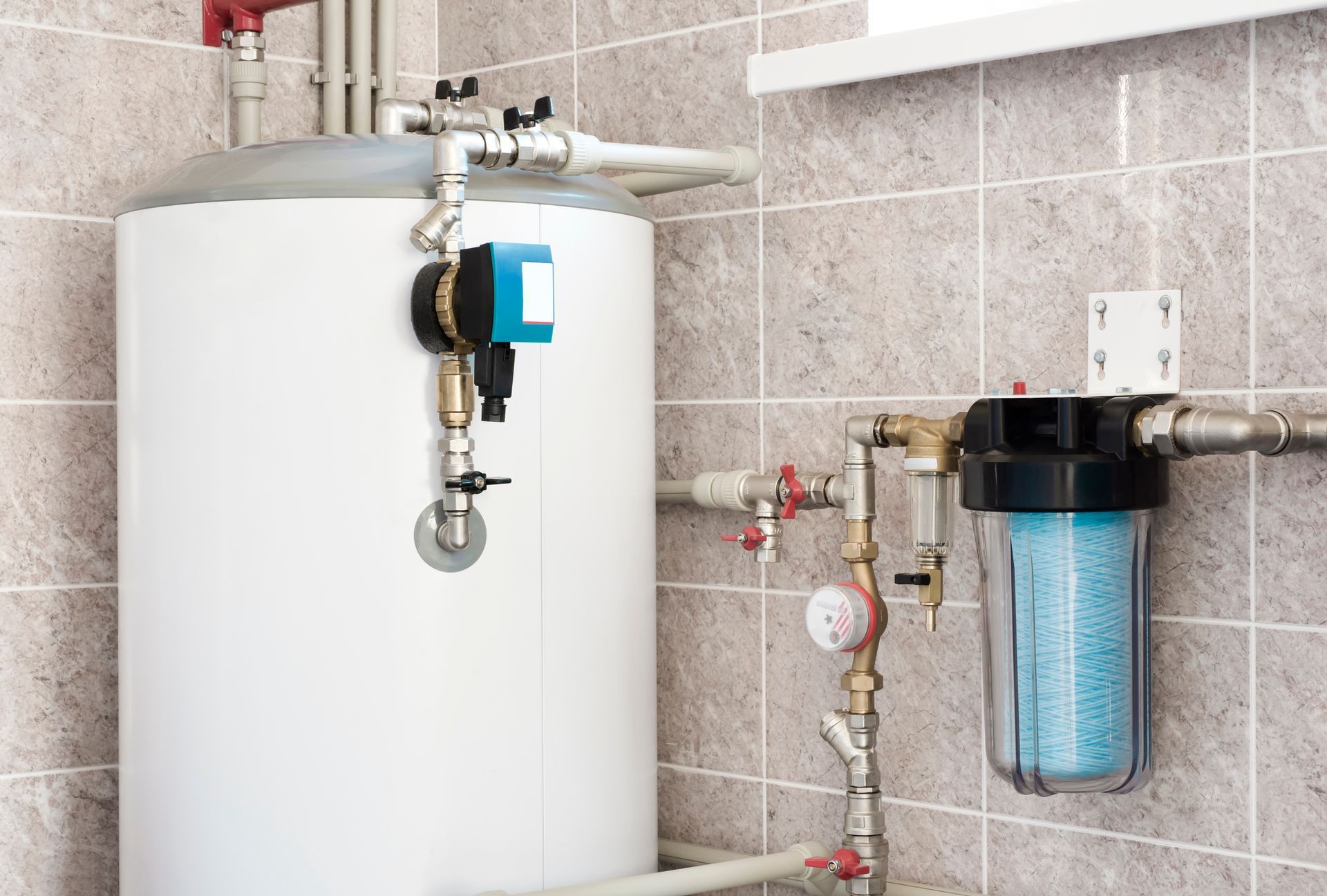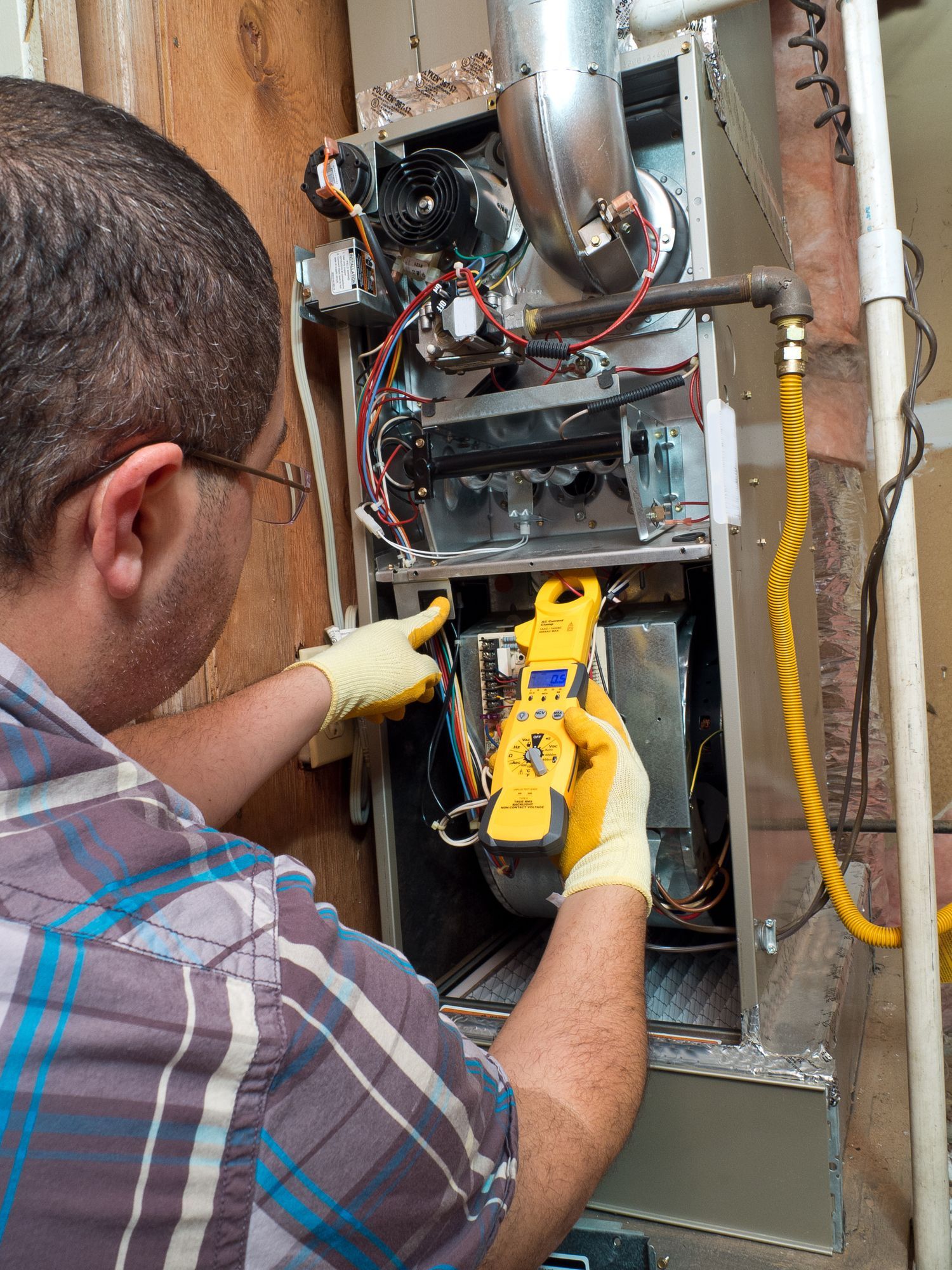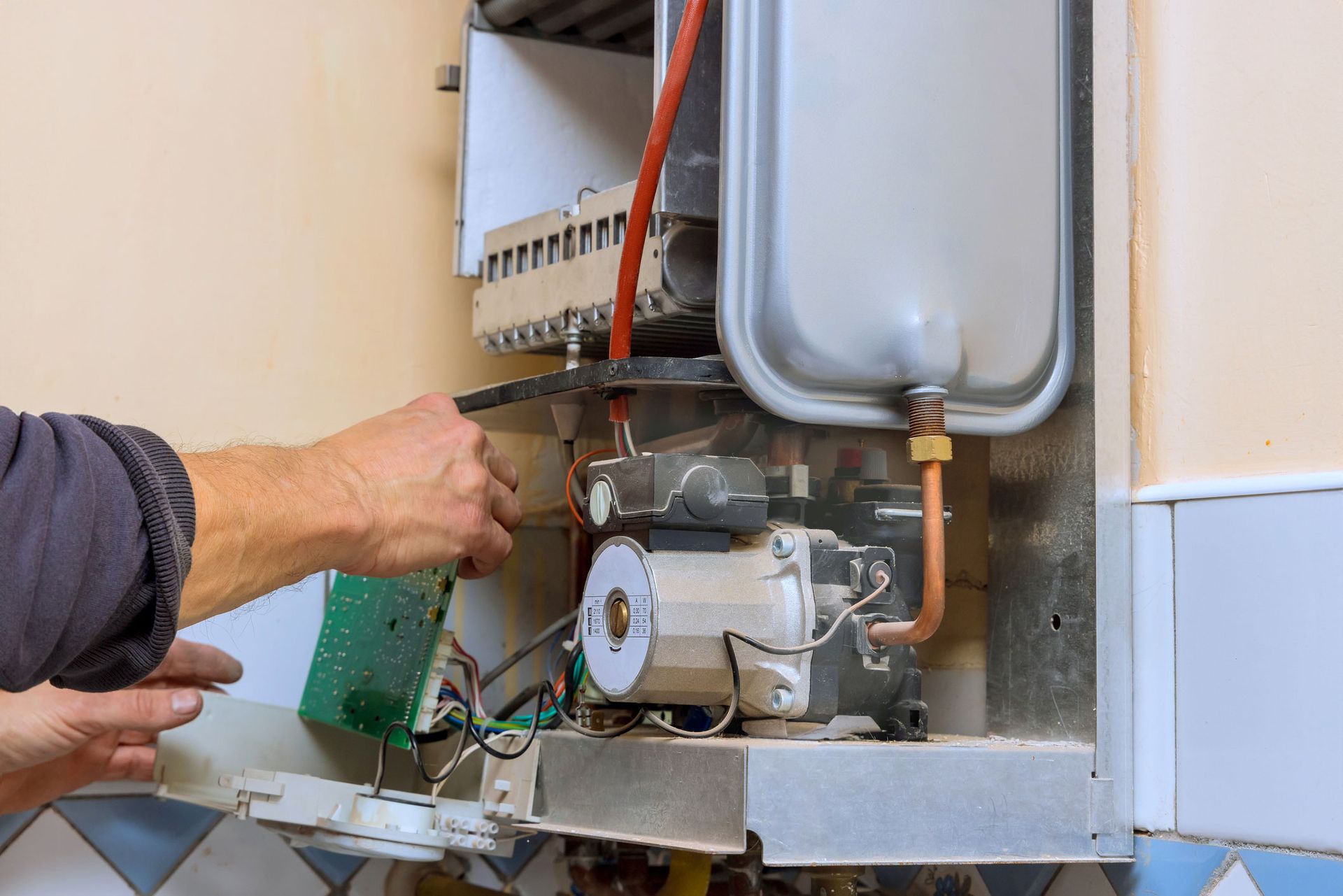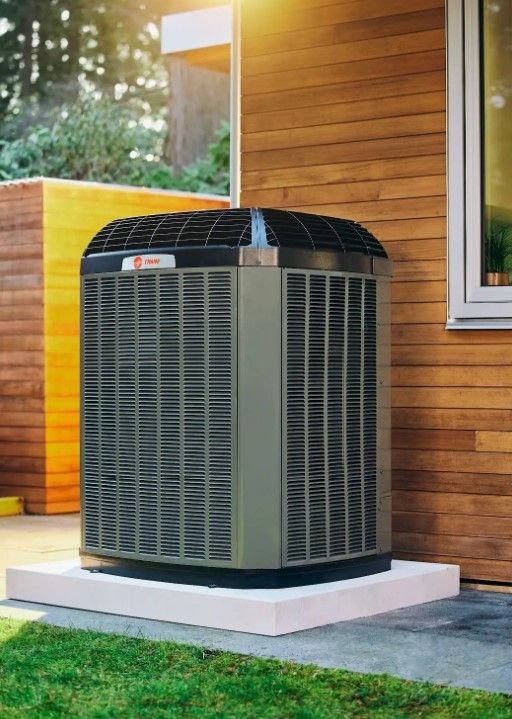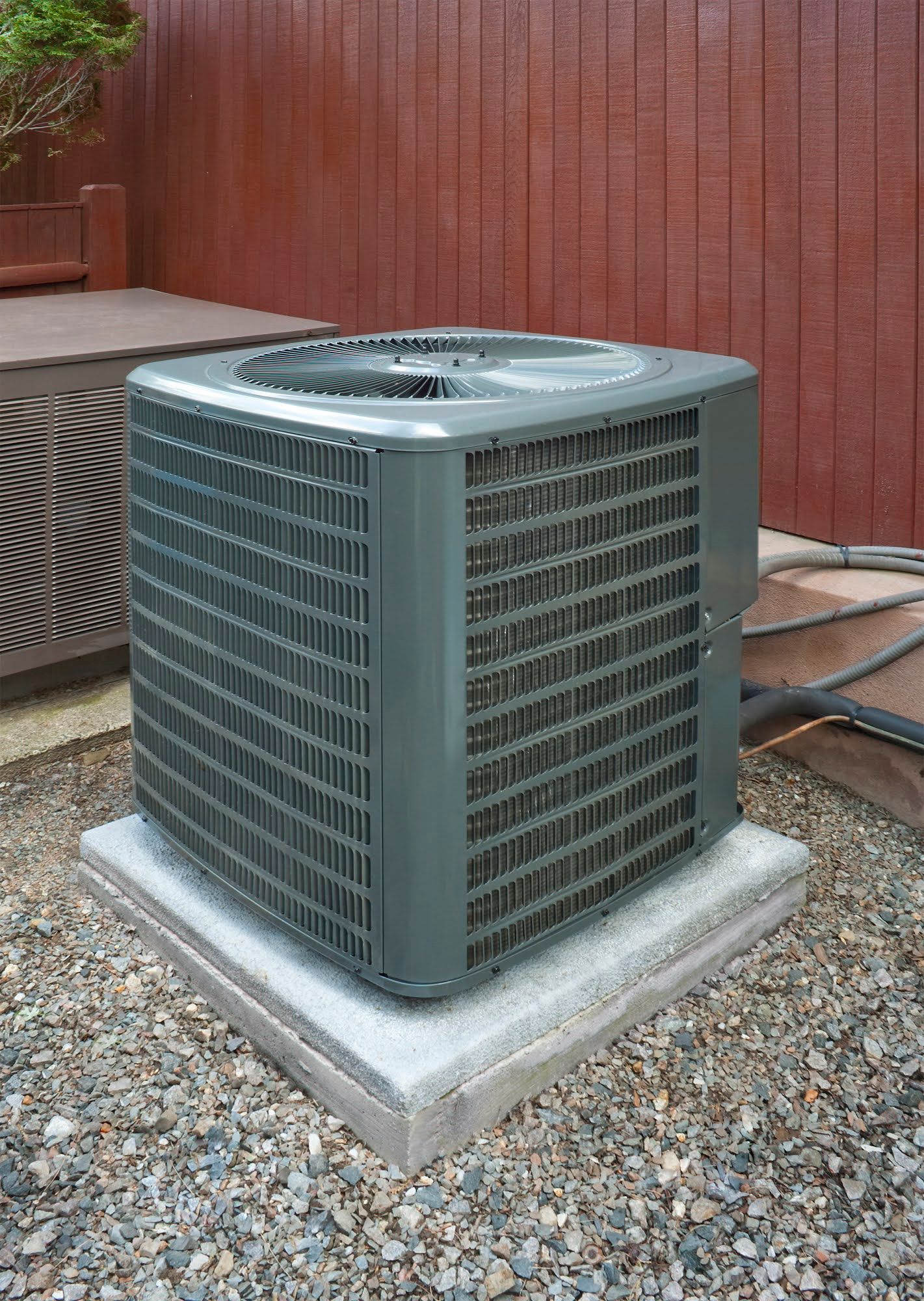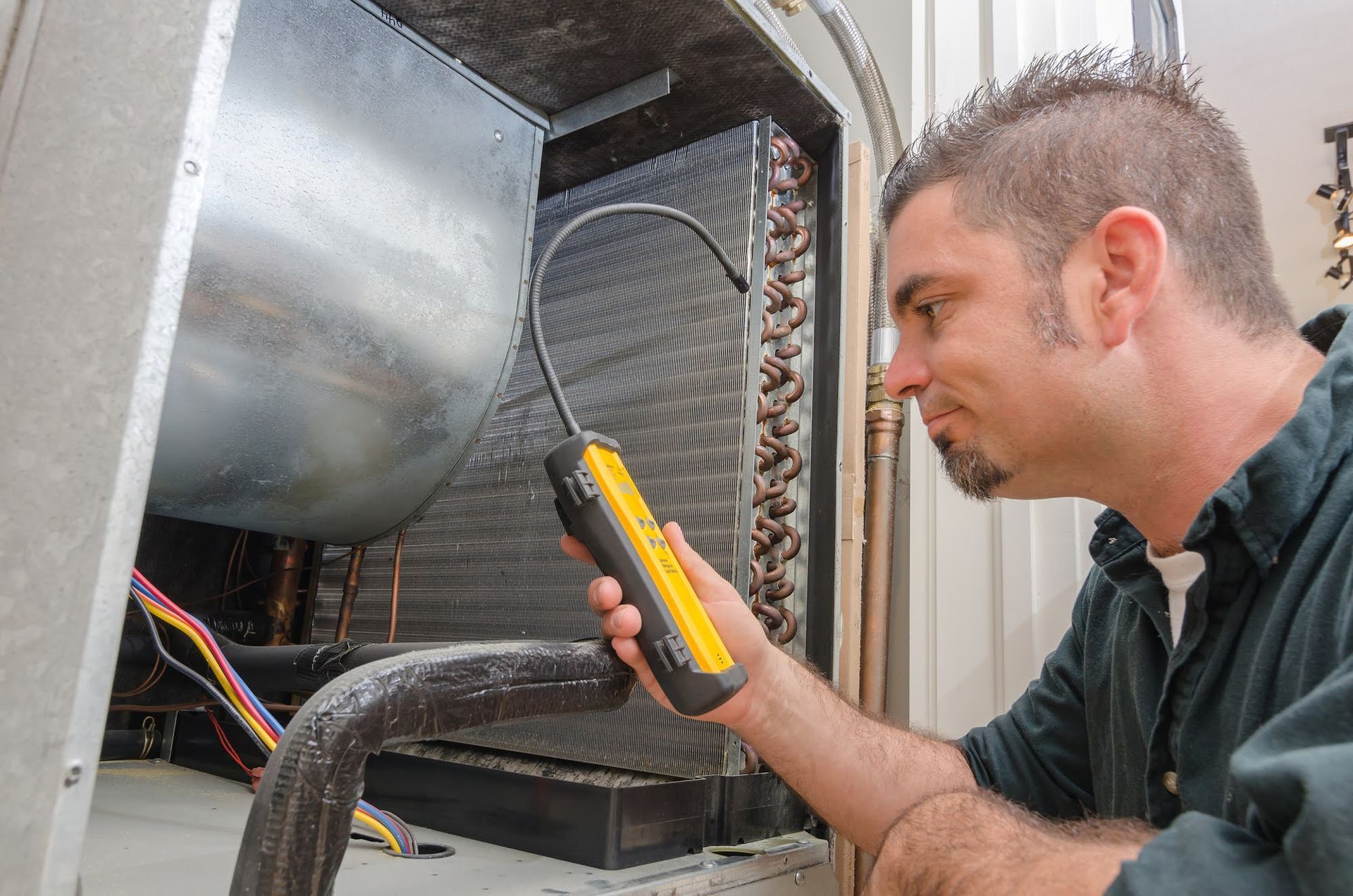Why Is there ice on my air conditioner?
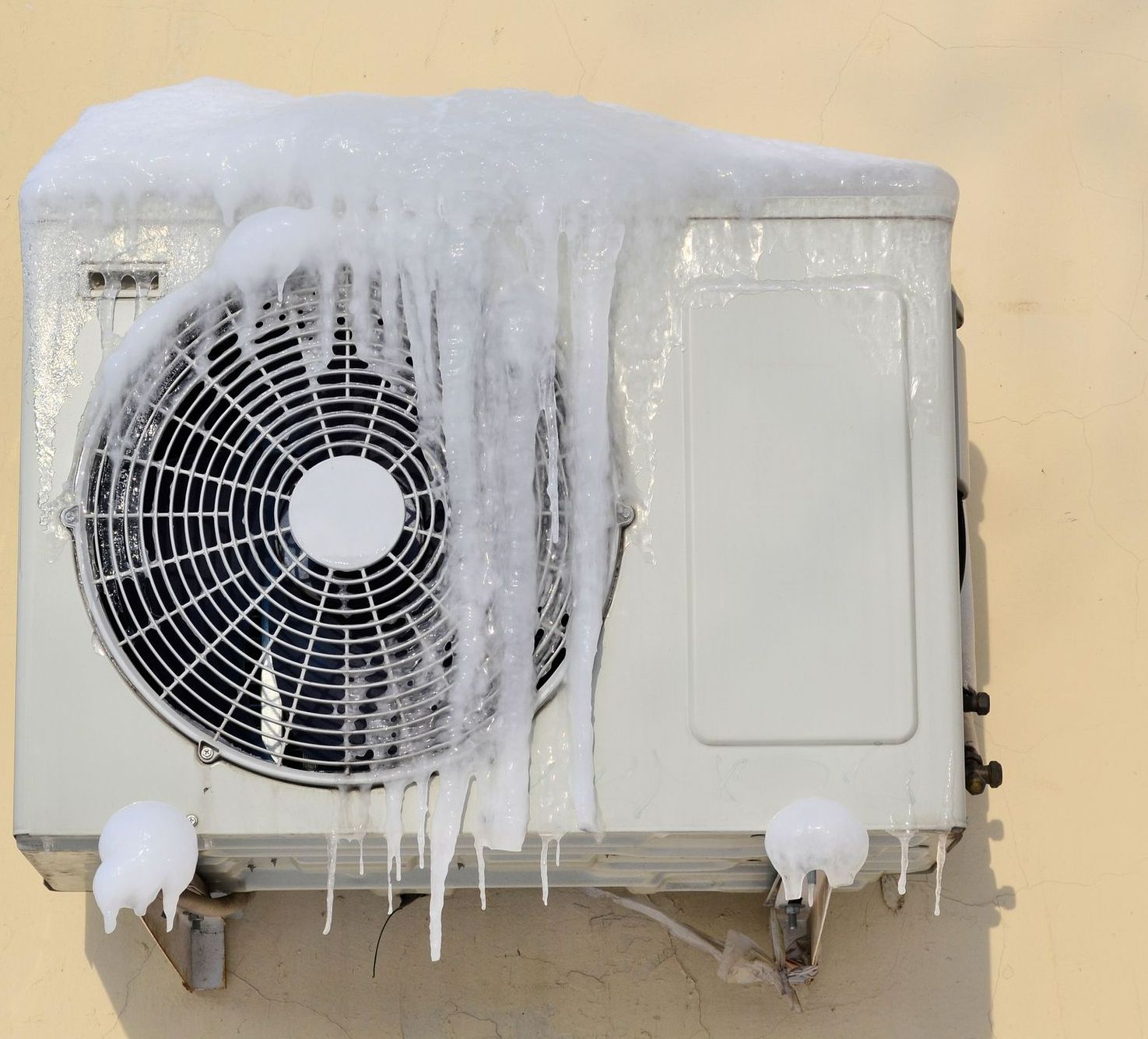
Understanding the Causes and Solutions for Ice on an Air Conditioner
Serving Rochester, Troy, Lake Orion and surrounding areas
Having ice on your air conditioner can be a perplexing and a concerning issue. Instead of keeping your living space cool and comfortable, you find your AC unit covered in ice. But what causes this problem, and how can it be resolved? In this blog post, we will explore the reasons behind ice formation on air conditioners and provide potential solutions to help you address the issue.
- Insufficient Airflow: One of the most common causes of ice formation on an air conditioner is restricted airflow. When the airflow is inadequate, the evaporator coil can get too cold, causing condensation to freeze on its surface. Several factors contribute to limited airflow, including clogged air filters, closed or obstructed vents, or a malfunctioning fan motor. Regularly checking and cleaning your air filters, ensuring vents are open and unblocked, and inspecting the fan motor can help prevent ice buildup.
- Low Refrigerant Levels: Refrigerant is the crucial substance that cools the air in your air conditioning system. If your AC is low on refrigerant, it can cause the evaporator coil to become too cold, leading to ice formation. Low refrigerant levels are typically a result of a leak in the system. It's important to have a professional HVAC technician inspect and repair any leaks, as well as recharge the refrigerant to the appropriate level.
- Thermostat Issues: Incorrect thermostat settings can also contribute to ice formation on your air conditioner. If the thermostat is set too low, causing the unit to continuously run without cycling off, the evaporator coil may become excessively cold, resulting in ice buildup. Make sure your thermostat is set to an appropriate temperature, and consider using a programmable thermostat to maintain a consistent and energy-efficient cooling schedule.
- Dirty or Damaged Evaporator Coil: Over time, the evaporator coil can accumulate dirt, dust, and debris, hindering its ability to absorb heat and causing the coil to become too cold. Additionally, a damaged or corroded coil can disrupt the refrigerant flow, leading to ice formation. Regular maintenance, including coil cleaning and inspections, can help prevent these issues. If you suspect a damaged coil, it's advisable to seek professional assistance for repairs or replacements.
- Inadequate Drainage: Air conditioners remove moisture from the air as part of the cooling process. If the condensate drain line becomes clogged or obstructed, water can back up and freeze on the evaporator coil, resulting in ice formation. Regularly inspect and clean the condensate drain line to ensure proper drainage, or consult an HVAC technician for assistance.
Conclusion: Ice formation on your air conditioner is a common problem, but it shouldn't be ignored. By understanding the causes behind this issue, you can take appropriate steps to prevent and resolve it. Remember to prioritize regular maintenance, including cleaning air filters, inspecting and cleaning the evaporator coil, and ensuring proper airflow. If the problem persists or requires professional attention, don't hesitate to call Briarwood Heating and Cooling to schedule an appointment with a qualified HVAC technician. With proper care, your air conditioner will provide efficient and reliable cooling without the inconvenience of ice buildup.
Call Briarwood Heating and Cooling today if you have more questions at 248-299-8126. Briarwood serves Rochester, Troy, Lake Orion and surrounding areas.
Disclaimer: It is important to note that this blog post provides general information and suggestions. For specific issues with your air conditioning system, it is recommended to consult with a professional HVAC technician.
